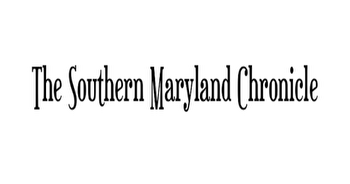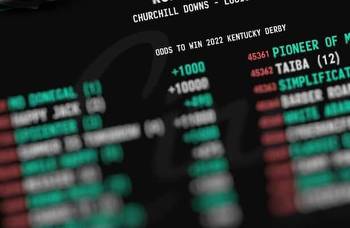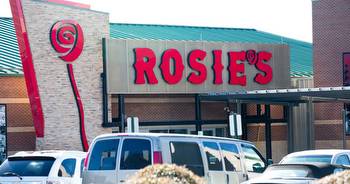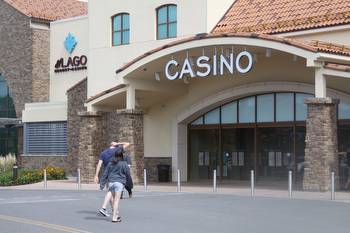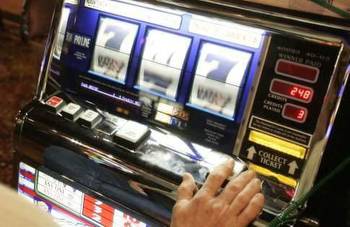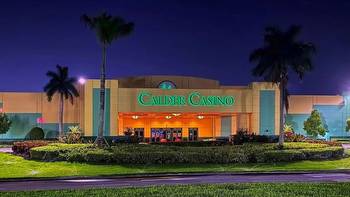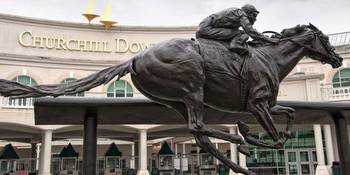Bet There'll Be Fewer Online Casinos Next Year?
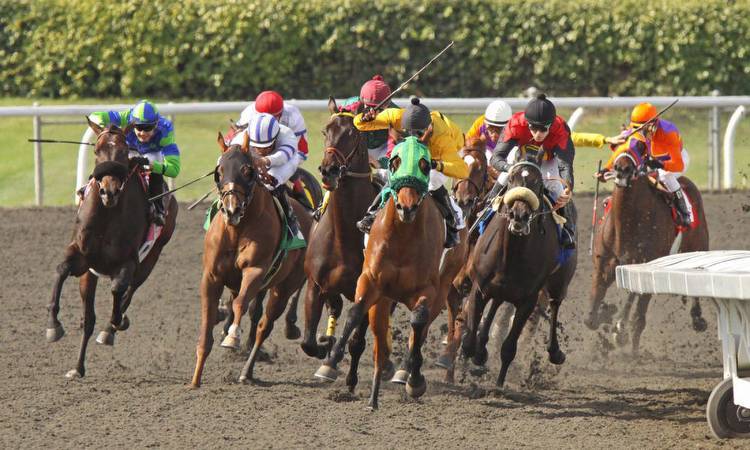
Pimlico Race Course. The name conjures greats of horse racing that have thundered down its track over the decades — Man o’ War, Seabiscuit, Secretariat — and, as the 2022 Preakness is run this weekend at Baltimore’s iconic course, sports wagering is on the table as never before.
As step two in the tripartite title known as the Triple Crown, awarded to the thoroughbred that wins the Kentucky Derby, the Preakness and the Belmont Stakes, the race on Saturday (May 21) comes at a time when online sports wagering is exploding — for “bettor” or worse.
Legal sportsbook is undergoing mad expansion, currently allowed in 35 U.S. states and the District of Columbia. With that legalization comes a host of new apps and players contending with the heavy horses of the category — FanDuel and DraftKings — for a piece of the action.
Part of the mix for time immemorial and right up to today is your friendly neighborhood bookie, taking illegal bets and messing with payments and the economics of this booming business.
On Thursday (May 18) FanDuel Group CEO Amy Howe told The Wall Street Journal, “There’s a massive black market that still exists [that’s] hard to quantify exactly but probably to the tune of trillions of dollars. As that black market persists, the states aren’t getting the economic benefit of that. Consumers aren’t being protected.”
Did she say “trillions”? That’s a horse of a different color, and it’s not the only aspect of sports wagering that’s drawing a skeptical eye as oddsmakers consider the future of betting online.
Neigh-Sayers
An oddball thing about Triple Crown betting this year was the February announcement by Churchill Downs, home of the Kentucky Derby, that it is ceasing most of its online betting.
Racing industry news site Blood Horse reported, “During a Feb. 24 conference call with analysts and investors, Churchill Downs Inc. CEO Bill Carstanjen said continued efforts in online sports betting and iGaming by the company didn’t make economic sense as he sees little chance of growth or return for shareholders in the highly competitive market.”
Competitive it is, and still in early stages. Since we’re talking about Pimlico and its home state of Maryland, look to legislation like House Bill 940, which seeks to limit the number of mobile sports book licenses the state will grant, and collect fees from operators for state coffers.
FanDuel’s Howe remarked months earlier about too many digital betting parlors in the picture.
Just don’t tell rival DraftKings, which just plunked down $1.5 billion in early May to complete its acquisition of the Golden Nugget Online Casino (GNOC).
On a first-quarter earnings call May 6, DraftKings CEO Jason Robins said “the strategic rationale behind the deal was really for us to be able to increase the audience that we’d be able to reach. What we found is that the DraftKings brand is very strong with a certain demographic of customers, particularly those that are sports fans. It’s really more as a sports brand.”
Horsing Around for Big Payments
It’s early in the trend but later than some think, as states weigh social impacts of gambling against tax revenues, tourism and jobs created by racetracks and, to a lesser degree, apps.
Taken together with the sense that online and mobile betting appeal to a core group of passionate enthusiasts, there’s speculation that it can only grow so far beyond them. That could see much of the online expansion end up in M&A activity not far down the track.
Since none of these incredibly pressing business questions will be answered this weekend, let’s instead look at the favorites, the odds, and the payments winners stand to receive in the form of lucrative purses for these three epic runs.
FanSided reported in May that “For the fourth year in a row, the purse for the Kentucky Derby will amount to $3 million. The winner of the main event will garner $1.86 million, which is more than 60 percent of the entire purse.”
It added that “neither the Belmont [nor] the Preakness pay out quite like the Derby does.” The Preakness is slated to pay out $1.5 million, and the Belmont will pay out $1 million when it runs on Long Island June 11.
The Preakness winner will pocket an estimated $900,000.
Now it’s time to place your bets, so we’ll let the experts handicap.
As CBS Sports sees it, “Epicenter is the favorite to win that sum at 6-5 in the latest 2022 Preakness Stakes odds. Three other 2022 Preakness Stakes horses have single-digit odds, including Early Voting (7-2) and Secret Oath (9-2).”
Post time for the Preakness Stakes 2022 is 7:01 p.m. eastern time.










